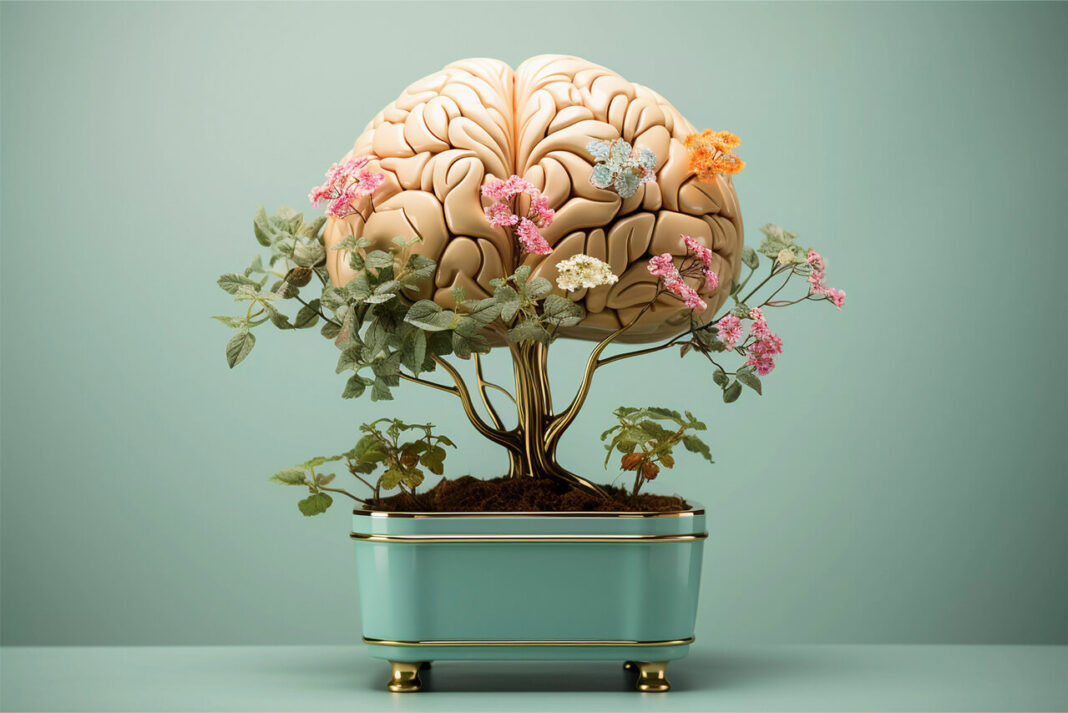Psychological well-being is an assessment of an individual’s psychological functionality, encompassing six core dimensions: their relationship with themselves and their past, developmental potential, sense of purpose and meaning in life, the quality of relationships with others, control over their life and environment, and, ultimately, their level of independence (Ryff, 1995). While happiness is an influencing factor on psychological well-being, the concept of happiness alone is insufficient to fully explain psychological well-being (Şahin, 2013). Individuals with high levels of personal development are open and willing to engage in new experiences in order to maximize their growth. They view themselves as evolving beings, constantly changing according to their self-awareness, and over time, they can observe these changes in themselves. In contrast, individuals with low personal development tend to experience stagnation, believing that nothing has changed within them over time, losing interest in life, and lacking the desire to improve their behaviors.
According to Akın (2009), positive respect for oneself and others is a critical characteristic of psychologically healthy individuals. Building positive relationships with others is defined by the ability to form intimate, trust-based connections, to show empathy and compassion, to be capable of love, and to be aware of one’s responsibility to others. Moreover, it is related to individuals considering the well-being and happiness of others, prioritizing mutual self-sacrifice in interpersonal relationships. Individuals who can establish positive relationships with others understand that relationships are not solely about themselves and that it is important to consider the other person. On the other hand, individuals who struggle to form such relationships may experience loneliness, isolation, and frustration, which prevents them from maintaining friendships, opening up to others, and living in seclusion. These individuals find very few people with whom they can communicate.
Active engagement in actions and self-management towards achieving personal goals provides individuals with a sense of meaningfulness in their lives. Those who possess a mature sense of life’s purpose can set clear goals and develop plans to achieve them. These individuals believe that their past and present lives have significance and view their lives as a purposeful journey. In contrast, individuals who lack a defined life purpose may fall into the belief that their lives are empty, as they have no belief that would render their lives meaningful (Akın, 2009).
In the psychological healing process, the role of the brain and biological foundations is crucial. The brain is the center for our responses to trauma, and the healing process largely depends on brain functioning and the neurological changes occurring during this process. Neuroplasticity refers to the brain’s capacity to reorganize itself when facing trauma, stress, and new experiences. This feature is an important part of psychological healing because the brain’s ability to reshape itself after trauma can help individuals achieve a healthier psychological state (Perry and Pollard, 1997).
Certain regions of the brain play a particularly critical role in psychological healing processes. The prefrontal cortex is responsible for higher-level cognitive functions such as emotional regulation, problem-solving, and planning. This area affects the ability to cope with stress and maintain emotional balance (Siegle et al., 2007). The amygdala processes emotional responses like fear and anxiety, and when it becomes excessively active following traumatic events, it can hinder psychological recovery (Liberzon and Martis, 2006). The hippocampus, involved in memory and learning, can shrink due to trauma, which can complicate recovery (Bremner, 2006).
In addition to biological foundations, environmental factors and individual coping strategies also play a significant role in the psychological healing process. Social support is a critical factor that accelerates recovery. Individuals who have access to environmental support tend to have greater coping capacities against trauma and stress (Cohen and Wills, 1985). Furthermore, individual differences in the recovery process are influenced by personal coping strategies and the brain’s plasticity. The interaction between biological and psychological factors helps us better understand psychological recovery. For example, an individual who develops stress-coping skills may experience neuroplastic changes in the brain that contribute to a faster and healthier recovery following trauma. The interaction of structures and functions in the brain can speed up the healing process (Siegle et al., 2007).
Psychological recovery refers to the ability of individuals to regain emotional and mental balance following traumatic events or difficult life circumstances. The importance of the brain and biological foundations in this process is immense. The brain is the central organ of the psychological recovery process, shaping how individuals respond to trauma, manage their healing, and cope with stress. Specifically, structures like the prefrontal cortex, amygdala, and hippocampus play essential roles in emotional regulation, memory functions, and stress management (Öz ve Yılmaz, 2009). The interaction between these structures can either accelerate or slow down the recovery process. In addition to biological foundations, the psychological recovery process is also shaped by environmental factors, individual coping skills, and social support. However, it must be noted that biological processes in the brain have a determining effect on the speed and depth of the recovery process. Brain characteristics such as flexibility and neuroplasticity can increase the potential for recovery after trauma. Therefore, the brain’s capacity to restructure itself forms the biological foundation of the psychological recovery process.
In conclusion, understanding how the brain and biological foundations work in the psychological recovery process provides opportunities to make healing strategies more effective. A deeper examination of changes in the brain and recovery processes can contribute to the development of psychological recovery strategies. Additionally, a better understanding of the interaction between biological and psychological factors will enable more effective future treatment and intervention methods (Öz ve Yılmaz, 2009).


